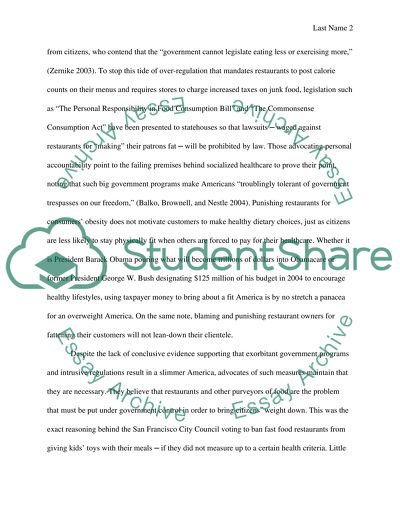Cite this document
(“If You Cant Stand the Fat, Stay out of the Restaurant Term Paper”, n.d.)
Retrieved from https://studentshare.org/english/1458144-if-you-cant-stand-the-fat-stay-out-of-the-restaurant
Retrieved from https://studentshare.org/english/1458144-if-you-cant-stand-the-fat-stay-out-of-the-restaurant
(If You Cant Stand the Fat, Stay Out of the Restaurant Term Paper)
https://studentshare.org/english/1458144-if-you-cant-stand-the-fat-stay-out-of-the-restaurant.
https://studentshare.org/english/1458144-if-you-cant-stand-the-fat-stay-out-of-the-restaurant.
“If You Cant Stand the Fat, Stay Out of the Restaurant Term Paper”, n.d. https://studentshare.org/english/1458144-if-you-cant-stand-the-fat-stay-out-of-the-restaurant.


